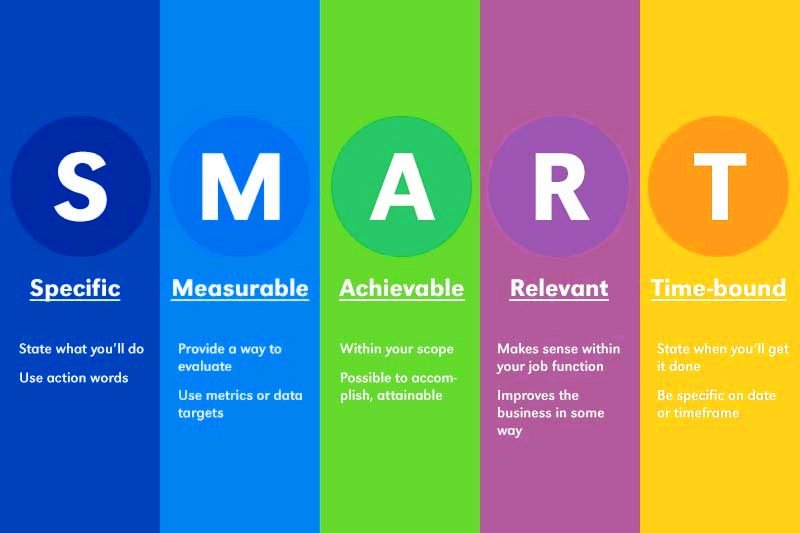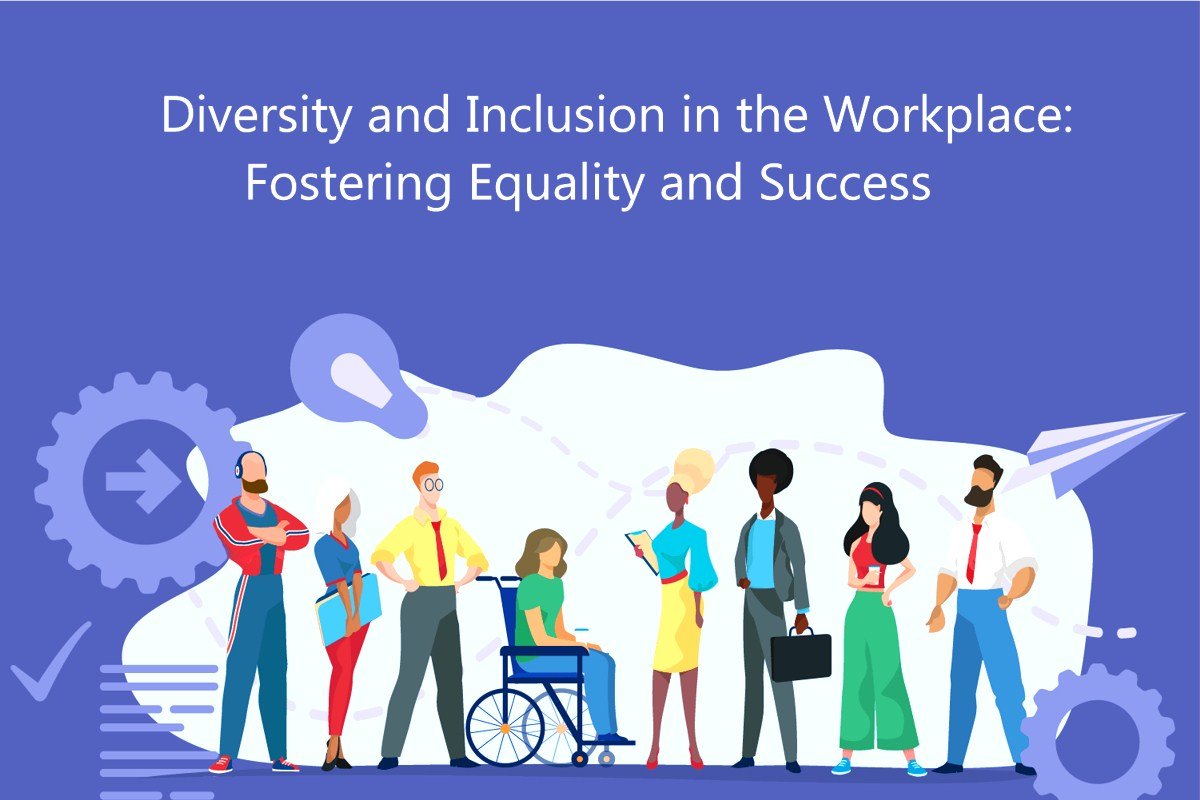Overcoming Career Challenges: Strategies for Resilience and Success

Overcoming Career Challenges: Strategies for Resilience and Success. Discover effective strategies and practical tips to overcome career challenges and achieve long-term success. From developing a growth mindset and setting clear goals to leveraging networking and embracing change, this article provides insights on resilience, personal branding, and navigating setbacks. Learn how to balance ambition and patience, manage stress, and cultivate a positive work environment.
In today’s competitive world, individuals often encounter various challenges throughout their careers. These challenges can range from job uncertainty and work-life balance issues to skill gaps and career stagnation. However, with the right strategies and mindset, it is possible to overcome these hurdles and achieve long-term success.
Read More: The Importance of Work-Life Balance for Career Satisfaction
Understanding the Nature of Career Challenges
Before diving into strategies for overcoming career challenges, it is important to understand their nature. Challenges can manifest in various forms, such as job insecurity, lack of career growth opportunities, or difficulty in balancing personal and professional life. Individuals can proactively address these challenges and develop appropriate strategies by acknowledging them.
Developing a Growth Mindset
A growth mindset is essential when facing career challenges. It involves believing in one’s ability to learn and grow, even in the face of setbacks. Cultivating a growth mindset allows individuals to approach challenges as learning opportunities and encourages them to seek innovative solutions rather than being deterred by obstacles.
Setting Clear Goals and Objectives

Clear goals and objectives provide a roadmap for success and help individuals stay focused amidst career challenges. By setting specific, measurable, achievable, relevant, and time-bound (SMART) goals, individuals can break down their aspirations into actionable steps and monitor their progress.
Continuous Learning and Skill Development
In a rapidly evolving professional landscape, continuous learning and skill development are crucial for career resilience. By staying updated with industry trends, attending workshops, pursuing certifications, and seeking growth opportunities, individuals can enhance their skill sets and remain competitive in the job market.
Building a Strong Professional Network
A strong professional network can be a valuable support system during career challenges. Networking enables individuals to connect with like-minded professionals, seek advice, explore new opportunities, and gather diverse perspectives. By actively nurturing professional relationships, individuals can tap into a network of resources and opportunities.
Embracing Change and Adaptability
Change is inevitable in any career journey. Rather than resisting it, embracing change and being adaptable can lead to resilience and growth. Adaptable individuals are open to new ideas, flexible in their approach, and willing to step out of their comfort zones. This mindset allows them to navigate career challenges and capitalize on emerging opportunities.
Maintaining Work-Life Balance
Achieving a healthy work-life balance is essential for long-term career success and personal well-being. Balancing professional commitments with personal priorities helps individuals avoid burnout, enhance productivity, and maintain overall satisfaction. Implementing strategies like setting boundaries, practicing self-care, and prioritizing leisure activities can contribute to a well-rounded and fulfilling career.
Managing Stress and Building Resilience
Career challenges often come with stress and pressure. Developing effective stress management techniques and building resilience can help individuals navigate these challenges more effectively. Strategies such as regular exercise, mindfulness practices, seeking support from loved ones, and cultivating a positive mindset can enhance resilience and enable individuals to bounce back from setbacks.
Seeking Mentorship and Guidance
Mentorship and guidance from experienced professionals can provide valuable insights and guidance during career challenges. Mentors can offer advice, share their own experiences, and help individuals navigate obstacles more effectively. Seeking mentorship cultivates a sense of support and guidance, accelerating personal and professional growth.
Emphasizing Personal Branding
In today’s competitive job market, personal branding plays a crucial role in career advancement. Effectively communicating one’s unique skills, experiences, and value proposition can create opportunities and set individuals apart from their peers. Developing a strong personal brand through a compelling online presence, networking events, and thought leadership initiatives can boost career prospects.
Taking Calculated Risks
Calculated risks are an integral part of career growth. By carefully assessing potential outcomes and weighing the pros and cons, individuals can make informed decisions that may involve some level of risk. Stepping out of one’s comfort zone and embracing calculated risks can lead to new opportunities, professional growth, and overcoming career challenges.
Leveraging Technology and Digital Skills
In today’s digital era, technology, and digital skills have become essential for career success. Embracing technology tools, staying updated with digital trends, and acquiring relevant digital skills can enhance employability and open doors to new opportunities. Individuals should invest time in learning and leveraging technology to stay competitive in their respective fields.
Nurturing Emotional Intelligence
Emotional intelligence, the ability to understand and manage emotions, plays a vital role in career success. Developing emotional intelligence allows individuals to navigate workplace dynamics, build effective relationships, and handle conflicts with empathy and resilience. It enables individuals to adapt to changing circumstances and interact positively with colleagues and superiors.
Overcoming Imposter Syndrome
Imposter syndrome, a feeling of self-doubt and inadequacy despite evidence of competence, can hinder career progress. Overcoming imposter syndrome involves acknowledging one’s accomplishments, reframing negative self-talk, seeking support from mentors or peers, and focusing on personal growth. By addressing imposter syndrome, individuals can regain confidence and thrive in their careers.
Read More: The Impact of Technology on Education and Career Development
Conclusion
Overcoming career challenges requires a combination of resilience, adaptability, and proactive strategies. By developing a growth mindset, setting clear goals, continuous learning, building a strong network, and embracing change, individuals can navigate obstacles and achieve long-term success. Additionally, maintaining work-life balance, managing stress, seeking mentorship, and emphasizing personal branding contribute to career resilience. By implementing these strategies and staying committed to personal growth, individuals can overcome career challenges and unlock their full potential.
FAQs
How can I maintain motivation during complex career challenges?
Maintaining motivation during challenging times can be challenging itself. It helps to break down big goals into smaller milestones, celebrate progress along the way, and remind yourself why you started. Additionally, seeking support from mentors, engaging in self-reflection, and practicing self-care can help sustain motivation and resilience.
What are some effective strategies for overcoming career stagnation?
Career stagnation can be frustrating, but there are strategies to overcome it. Consider seeking new learning opportunities, taking on additional responsibilities, or exploring lateral career moves. Networking and building connections within your industry can also lead to new opportunities and fresh perspectives.
How can I handle a toxic work environment and its impact on my career?
Dealing with a toxic work environment can have a significant impact on your well-being and career. Start by setting clear boundaries, seeking support from colleagues or mentors, and documenting any incidents. If the situation persists, consider discussing the issue with human resources or exploring opportunities elsewhere that align with a healthier work environment.
How can I manage work-life balance during demanding career phases?
Achieving work-life balance is crucial for overall well-being. Prioritize your time and energy by setting boundaries, learning to delegate or say no when necessary, and creating a structured schedule. Don’t forget to make time for activities outside of work that bring you joy and help you recharge.
What should I do if I feel stuck in my current career path?
Feeling stuck in your current career path is not uncommon. Start by reassessing your goals and values to ensure they align with your current situation. Explore opportunities for professional development, consider seeking guidance from mentors or career coaches, and be open to new possibilities. Sometimes a small shift in mindset or a willingness to step outside of your comfort zone can lead to breakthroughs.







